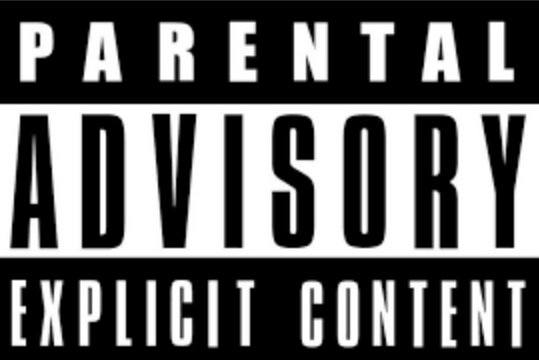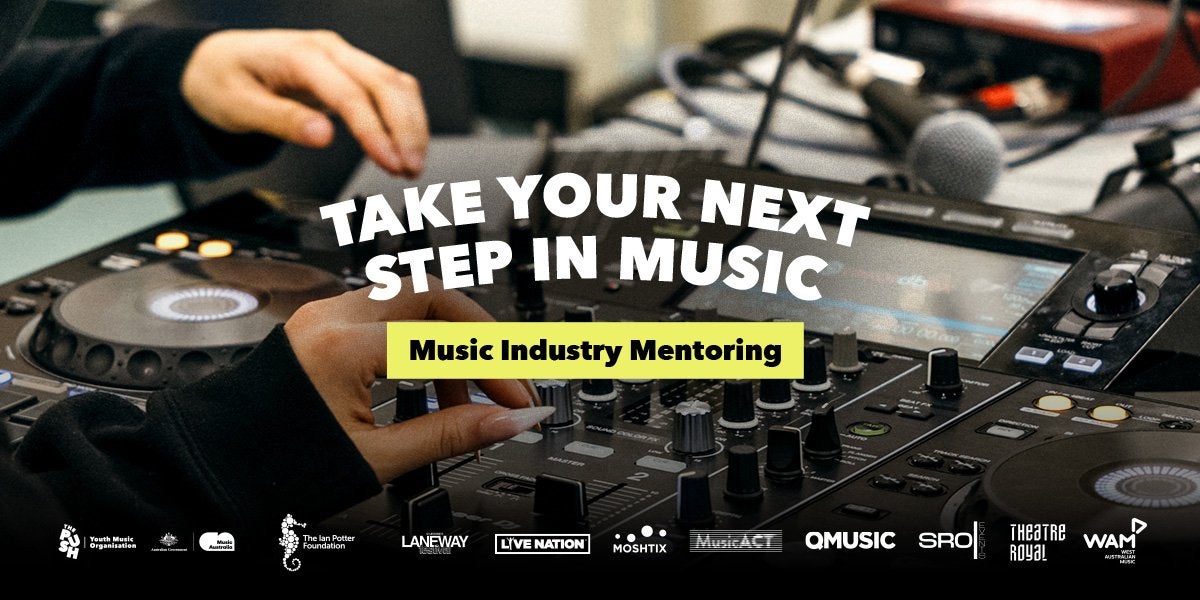How a Prince record inspired Parental Advisory stickers

This past week has seen the systematic scrubbing of Spotify playlists of any traces of R Kelly, remixes to Ignition or otherwise. While I tend to believe that music censorship of any type creates more moral dramas than it purports to address, it’s hard to argue that the likes of Chris Brown and R Kelly should be actively promoted to children by big corporations with wide broadcasting or distribution nets, for what are only commercial imperatives.
The difference between this recent scrubbing and past censorship attempts are that these are about the character of the artists, rather than the content of the material. This is clearly a step forward.
Surprisingly, it took Al Gore’s wife buying a Prince record for her daughter to spark the biggest censorship fight of the ’80s.
Tipper Gore, like many millions of parents in 1984, bought a copy of Purple Rain for her eleven-year-old daughter.
She explains what unfolded in her book Raising PG Kids in an X-Rated Society:
“When we brought the album home, put it on our stereo, and listened to it together, we heard the words to … ‘Darling Nikki’: ‘I knew a girl named Nikki/Guess (you) could say she was a sex fiend/I met her in a hotel lobby/Masturbating with a magazine’.
“The vulgar lyrics embarrassed both of us. At first, I was stunned, but then I got mad! Millions of Americans were buying Purple Rain with no idea what to expect. Thousands of parents were giving the album to their children — many even younger than my daughter.”
Gore mobilised a collection of prominent women in Washington and formed the moral outrage group Parents Music Resource Center, or the PMRC.
They drove for the introduction of warning stickers on records and CDs that contain profane language or sexual content. They also issued my favourite list of all time, the brilliantly named Filthy Fifteen.
It was a ranked list of the songs the group found the most objectionable, with the O.G. ‘Darling Nikki’ grinding suggestive in pole position.
Filthy Fifteen
1
Prince
Darling Nikki
2
Sheena Easton
Sugar Walls
3
Judas Priest
Eat Me Alive
4
Vanity
Strap on Robbie Baby
5
Mötley Crüe
Bastard
6
AC/DC
Let Me Put My Love Into You
7
Twisted Sister
We’re Not Gonna Take It
8
Madonna
Dress You Up
9
W.A.S.P.
Animal (Fuck Like A Beast)
10
Def Leppard
High ‘n Dry
11
Mercyful Fate
Into The Coven
12
Black Sabbath
Trashed
13
Mary Jane Girls
In My House
14
Venom
Possessed
15
Cyndi Lauper
She-Bop
What a list! Record labels all played ball without things getting out of hand and volunteered to include warning stickers on a number of records, although USA Today suggest this was less-than-voluntary considering the PMRC’s sway in powerful quarters.
The most unfortunate knock-on effect of all this was that Walmart started refusing to stock any CDs with parental advisory stickers, leading to the dreaded “clean” versions of albums, often with edits done so gracelessly you needed to check the disc wasn’t skipping.
The article was originally published on The Industry Observer




.jpg)